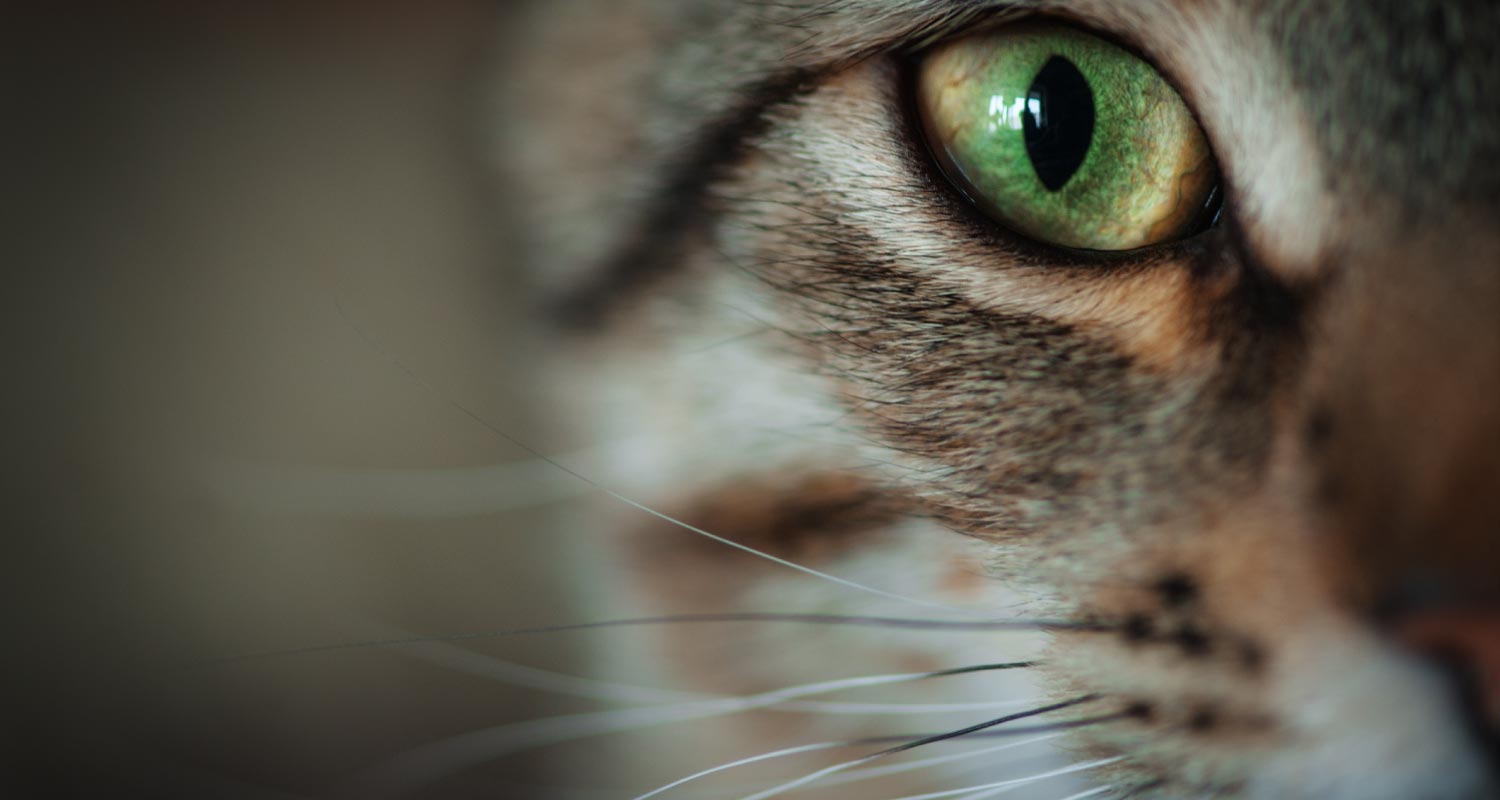HEALTH & WELLNESS

TRENDING

SIGN UP and Start Receiving
Our Monthly Newsletter,
The Chronicles
Risk Factors for cats with parasites

Both parasites that live on and inside cats can be dangerous for their health.
For this reason, preventing parasite infestation is a responsibility that owners have to prioritise throughout their cat’s life.
Where it couldn’t be prevented, it needs to be treated as soon as possible, followed by preventative measures to avoid future infestation.
RISKS OF INTERNAL PARASITES
TAPEWORMS
These flattened and tapelike worms, that live in the intestines, are not necessarily dangerous in the beginning, but they are gross and can cause discomfort and irritation. If a tapeworm decides to travel to the stomach, it may find its way outside when the infected cat vomits. When the infestation is significant, it gets dangerous, especially if it causes weight loss and vomiting. Tapeworm infestation also needs to be dealt with to avoid transmission to people.
ROUNDWORMS
Kittens and older cats are more vulnerable when it comes to cat roundworm infestation, but adolescent and adult cats are not in the clear. Remember, just because there are no obvious or severe symptoms, doesn’t mean it’s not dangerous.
Abdominal bloating, vomiting, diarrhoea, constipation, appetite abnormalities, weight loss and weakness caused by infestation can quickly take their toll on a cat’s health. Severe infestation can also cause dangerous, even life-threatening intestinal blockage.
Kittens specifically can experience abdominal discomfort, depression, appetite issues, vomiting, diarrhoea and even growth problems. Extremely debilitated kittens may even die, so roundworms need to be taken seriously. Older cats, with other health problems face similar risks.
FELINE LUNGWORM
Lungworms can cause serious damage to lung tissue. Larvae of feline lungworm in the airway can lead to mucus accumulation, breathing difficulties and damage to the airway. A persistent cough is often a sign of the presence of lungworm larvae. Other symptoms of lungworm include wheezing, sneezing, nasal discharge, shortness of breath, open-mouthed abdominal breathing, lethargy and depression. If nothing is done about the infestation it can lead to emphysema, fluid build-up in the lungs, pneumonia and weight loss.
BLADDER WORMS
There may be no signs if your cat has a bladder worm, but if infestation is not severe, it’s usually not dangerous. In more severe cases, bladder worms may be confused with urinary tract infection.
The following symptoms, whether caused by bladder worm or not, should worry you: swollen bladder, difficulty passing urine, abdominal tenderness, painful urination, discoloured urine, blood in urine, lack of appetite, lethargy, fever, incontinence or bladder leakage, vomiting and diarrhoea.
HEARTWORMS
Heartworm in cats can cause coughing, asthma-like attacks, vomiting, lack of appetite and weight loss. Some cats even struggle to walk, faint or get seizures. Fluid may also accumulate in the belly. Unfortunately sudden collapse or sudden death can be the first sign of heartworm.
HOOKWORMS
Apart from weight loss, looking unhealthy and possibly coughing (a sign that the larvae are in the lungs), a cat with hookworm can have tarry stool, diarrhoea, constipation, pain, a poor appetite and pale features (gums, lips, ears and nostril linings) due to anaemia. Hookworm infestation can lead to death, often without warning.
RISKS OF EXTERNAL PARASITES
TICKS
Tick bites can result in large, painful wounds or blood loss. Cats can also get tick bite fever from ticks which can be fatal. Ticks can also carry other diseases, for example feline infectious anaemia. With anaemia, the body doesn’t have enough healthy red blood cells to carry enough oxygen to the body’s tissues.
FLEAS
Fleas are small, irritating and unfortunately common parasites that need to be treated and then prevented. The initial irritation is often followed by restlessness and severe discomfort. Discomfort can lead to scratching, chewing and biting that can result in infection.
Flea allergy dermatitis, also known as hot spots, is another problem. In a nutshell: it’s an allergic reaction cats may have to flea bites. The infestation and symptoms need to be treated immediately to bring relief.
Severe infestation – especially in young or unhealthy cats – can also result in anaemia.
Fleas can also carry tapeworm larvae.
Related Articles










